What to do if your dog is scratching things at night, by expert trainer Ben Randall
An older dog's new habit is the subject of this week's Paws For Thought, with Ben Randall explaining what to do if your pet has started scratching at night.
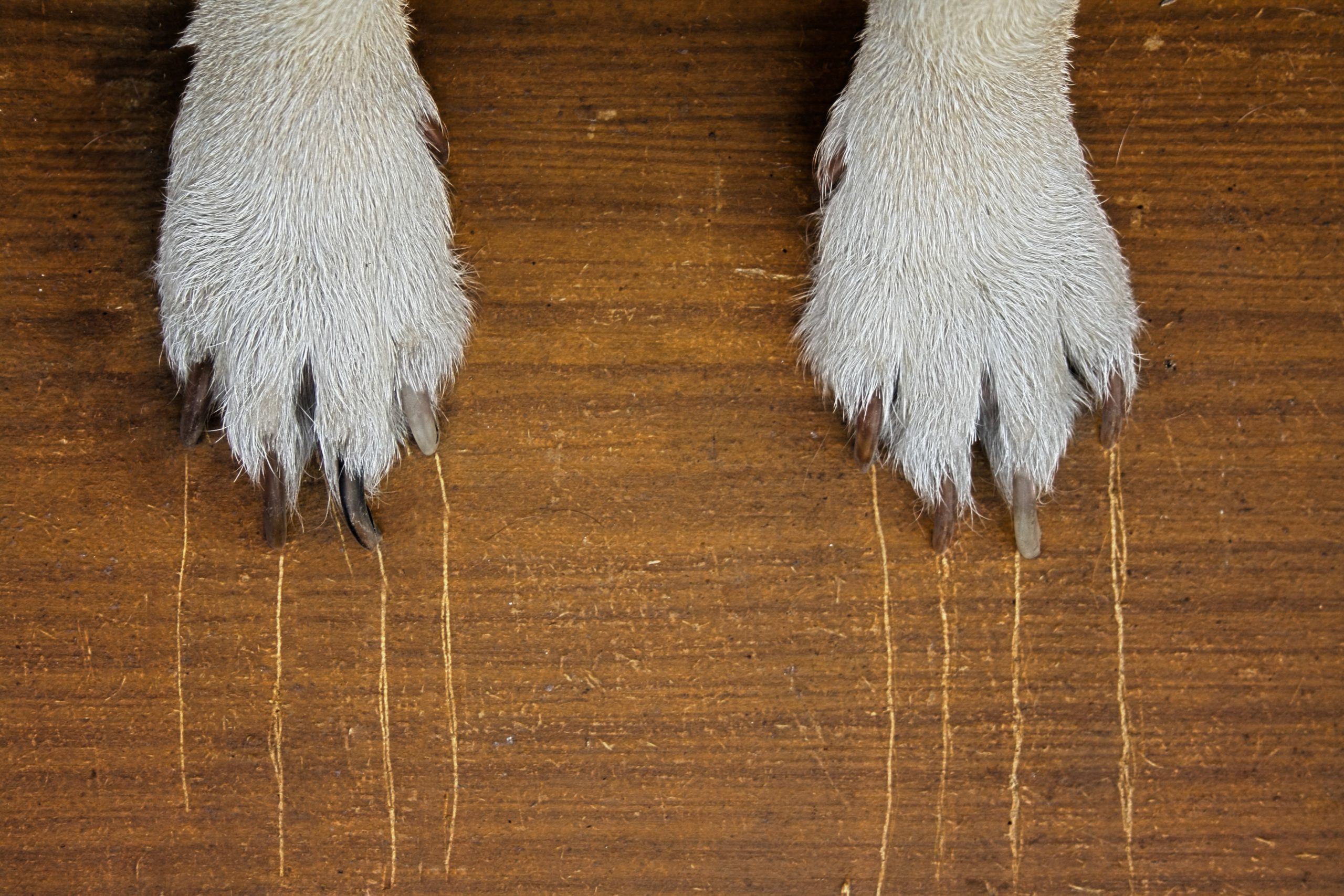

As our pets mature from puppies to full-grown, adult dogs, we end up knowing them so well that all their little quirks and mannerisms stop seeming to be anything other than totally normal. Sometimes, though, they'll start doing new things which we've never noticed before — particularly as they age.
That's the situation this week's reader — who contacted me via the paws-for-thought@futurenet.com email address — has found himself in.
Dear Ben, our black lab Pilot — a fine gun dog approaching his 12th birthday but recently rated in condition as a 7-year-old at his annual vet checkup — sometimes scratched at the coir mat in the porch during the night. Now, though, he is doing so more frequently, and with increased vigour. What instinct provokes this and is it familiar? — I.M., Wilts
I've been working with dogs and honing my BG (Beggarbush) methods for years — you can follow me on Instagram @beggarbush to find out more — and with this sort of thing, there are a number of potential causes. Digging and scratching are normal dog behaviours, but when they become excessive they can be a sign of some underlying problem. So this week's advice starts with a checklist to work through to help you diagnose the root cause: there are a lot of different factors and questions — I’m hoping by asking these questions, something will click. And after those questions, I've also got advice for practical help.
What to check if your dog is scratching things at night
1. Is something irritating your dog's paws?
The simplest explanation for this could be that your dog's paws could be sore or itchy, and he finds the harsh material of the mat relieves the itching. Has your dog got any allergies? Is he scratching his body elsewhere? Is he scratching at other times of day as well? While our shoes and clothes protect us from stinging nettles, dogs aren't so lucky — and early in the year, with the young nettles coming through, they can be very hard to notice yet still have a real bite about them.
Dogs can get their paws and tummies stung, and on many occasions I’ve seen my dogs in the kennel or in the house frantically scratching because of nettle stings. If you think this could be the case, anti-histamines will really help — and usually clear it up inside an hour. Speak to your vet and get their advice if you have any suspicion at all that this could be the cause.
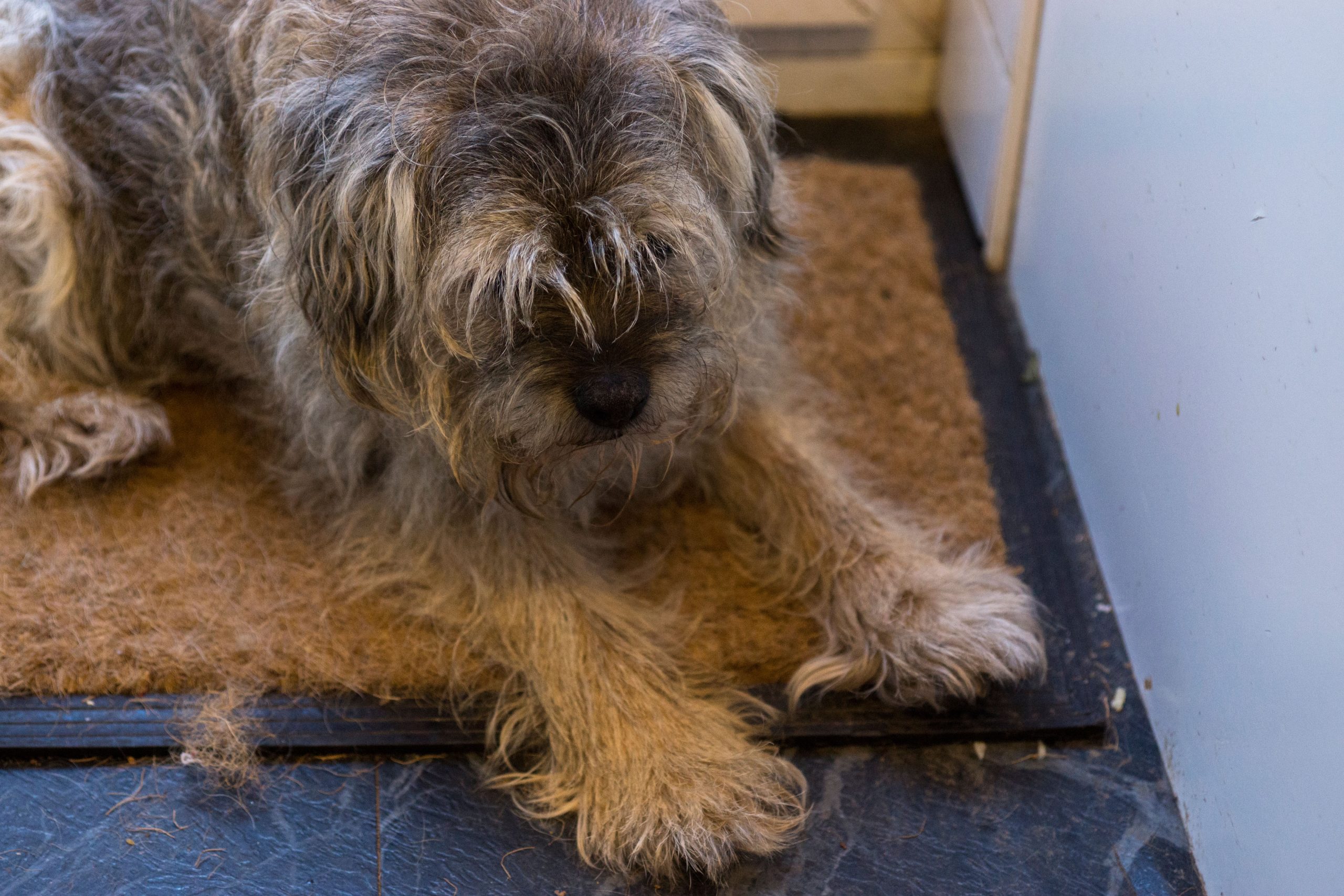
2. Is your dog acting any differently to normal in mannerisms or training?
The excessive scratching could be a sign that your dog is getting stressed. Scratching — along with barking, whining and pacing back and forth — are the big three signs of stress in dogs, and if your dog is exhibiting all three behaviours that's a big red flag.
Sign up for the Country Life Newsletter
Exquisite houses, the beauty of Nature, and how to get the most from your life, straight to your inbox.
3. Do you spend a lot of time with your dog during the day?
I'd would always ask this question: do you and your dog have time out from each other during the day? If not, and given that it’s a 12-year-old dog that’s with you constantly, the scratching could be a sign of separation anxiety that’s got worse with age. Many owners get up with their dogs before 7 in the morning and are with them until bedtime, and in those cases being away from your dog at night can be hard for them; it's something we tend to think about more when dealing with a puppy who cries at night, but it can also get develop as they get older.
4. Has your dog had a hearing check?
We know in I.M.'s case that this isn't the problem since his pet has had a recent clean bill of health at the vet, but for others facing a similar problem with an older dog — and 12 is already a very good age for a labrador — this can often be a cause. An ageing dog that's going deaf can find it terrifying being alone in a dark room at night, even if they've been sleeping happily in that same place for years.
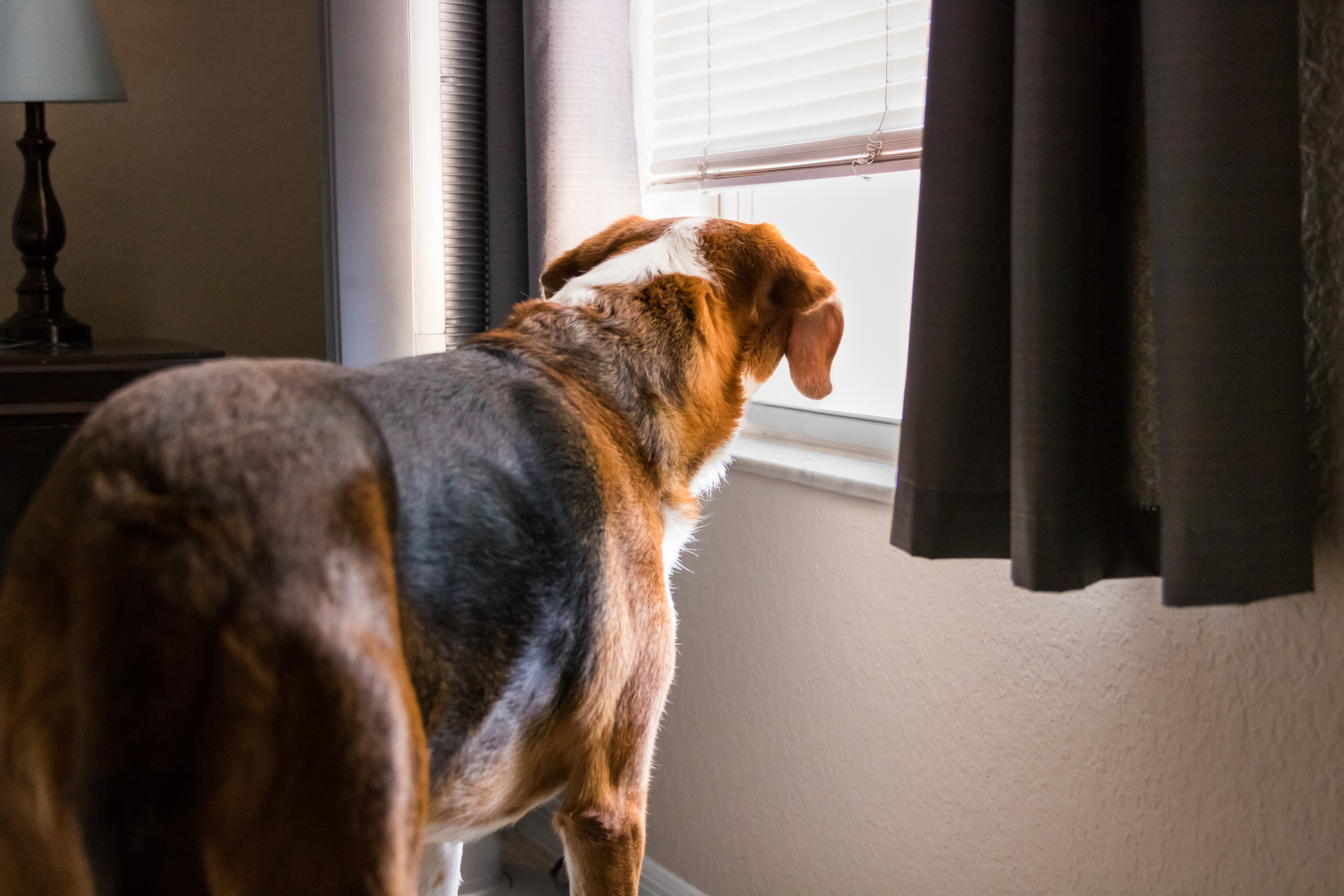
How to help a dog who gets anxious at night
Once you're sure there's no physical cause of itchy paws, remove the mat — or whatever else it might be, for other owners in a similar situation.
Why? Well, apart from the obvious reason he’s doing something we don’t want him to do, and possibly causing damage to household belongings, he’s probably stressed and removing it could help. Instead, you can replace it with something else: I’d give him some kind of antler, or perhaps a hoof, that he can chew or scratch in the night.
The antler should be a special treat for his alone time at night — and potentially during the day, too, so that there's a reward and something to soothe him when he's alone. See how that goes for a few nights, and if your dog starts to scratch anything else besides the antler, put the mat back down after a few nights, keeping the antler for him too. In time the anxiety should subside.
For more detailed advice about Ben Randall’s positive, reward-based and proven BG training methods, one-to-one training sessions, residential training or five-star dog-boarding at his BGHQ in Herefordshire, telephone 01531 670960 or visit www.ledburylodgekennels.co.uk. For a free seven-day trial of the Gundog app, which costs £24.99 a month or £249.99 a year, visit www.gundog.app/trial
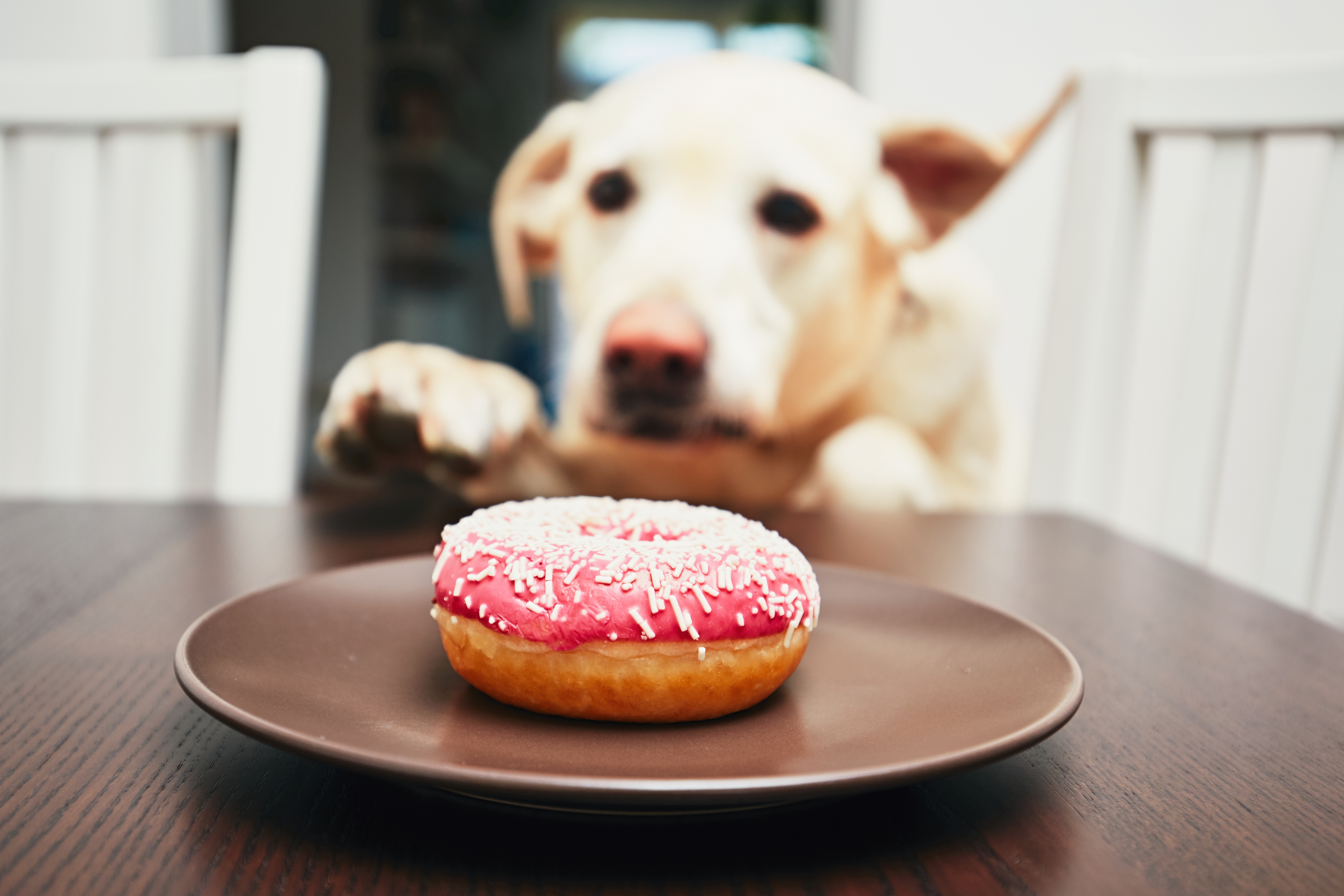
How to train your dog to leave things on command, by expert dog trainer Ben Randall
Teaching a dog to stop stealing food, clothes, TV remotes or anything else that they like to pinch can feel
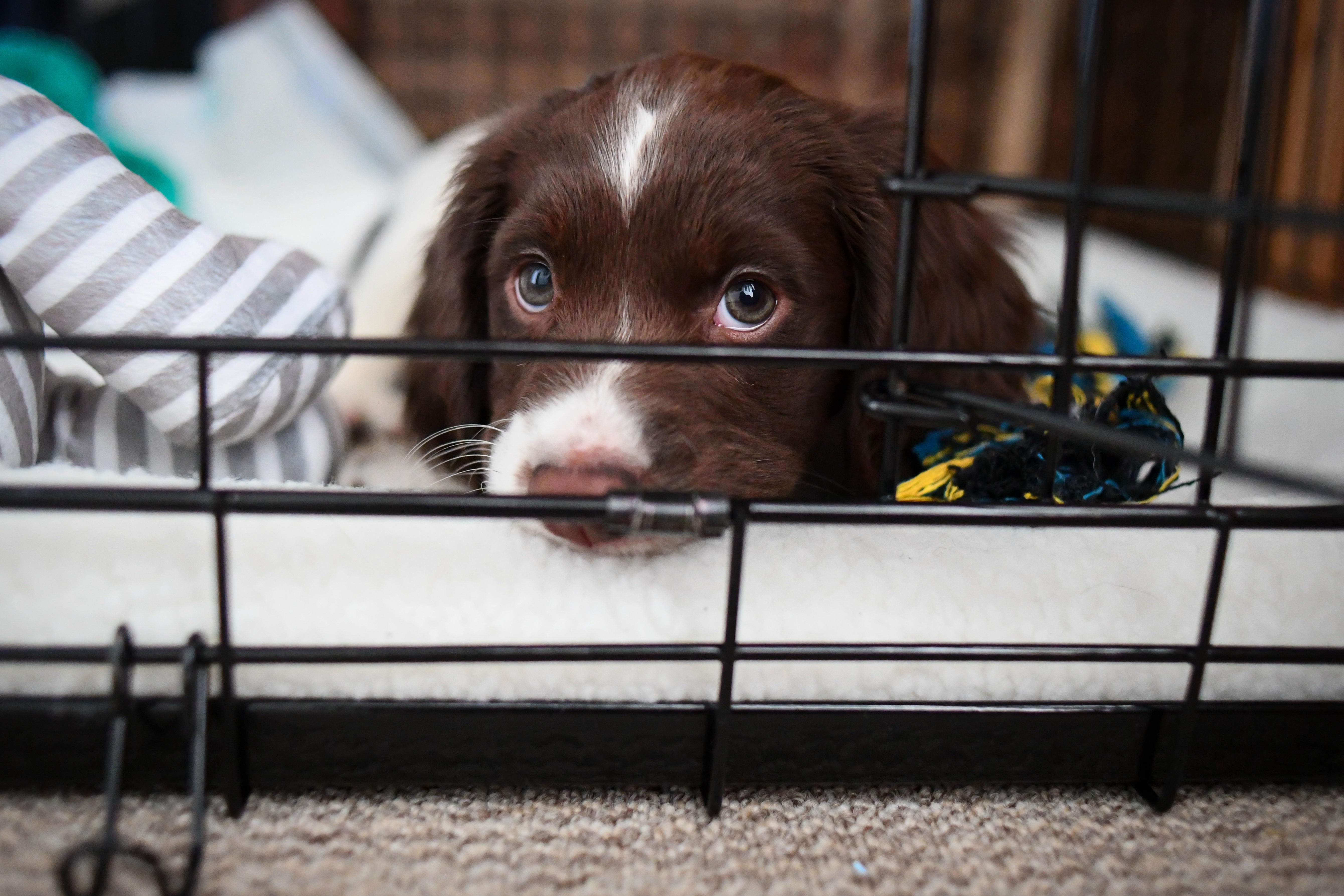
Crate training a puppy: Six tips from expert dog trainer Ben Randall
Puppy crate training can be tricky, yet it can pay dividends in all sorts of ways — even making puppy toilet
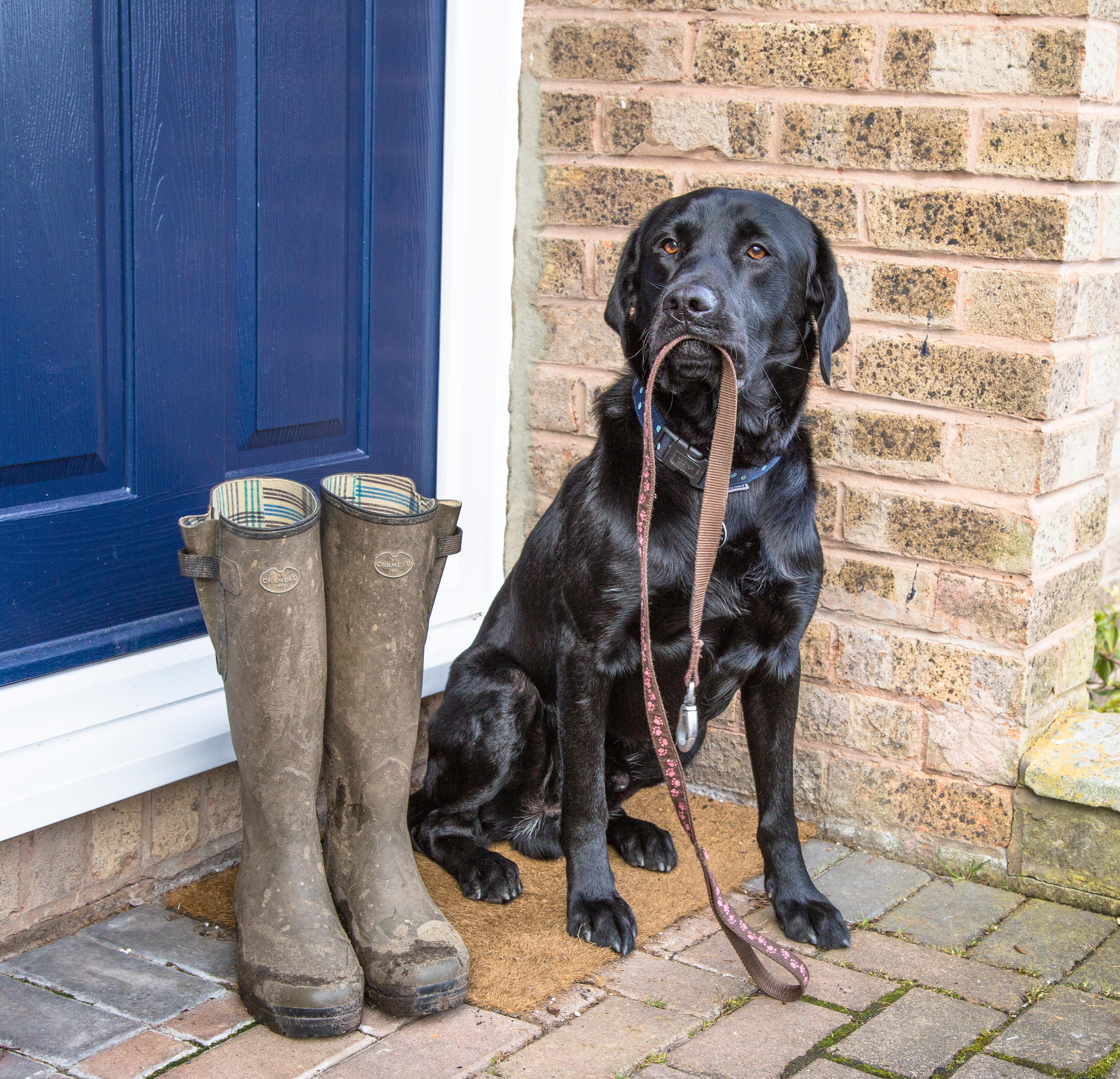
Credit: Ros Crosland / Alamy
Dog lead training: How to introduce the lead to your four-legged friend, by champion dog trainer Ben Randall
Introducing the lead to your dog can be tricky, but with a consistent routine you'll build positive associations that will

How to deal with a dog who loses its cool when another dog comes near
How can I stop my usually placid dog getting grumpy with certain dogs? Award-winning trainer Ben Randall advises on how
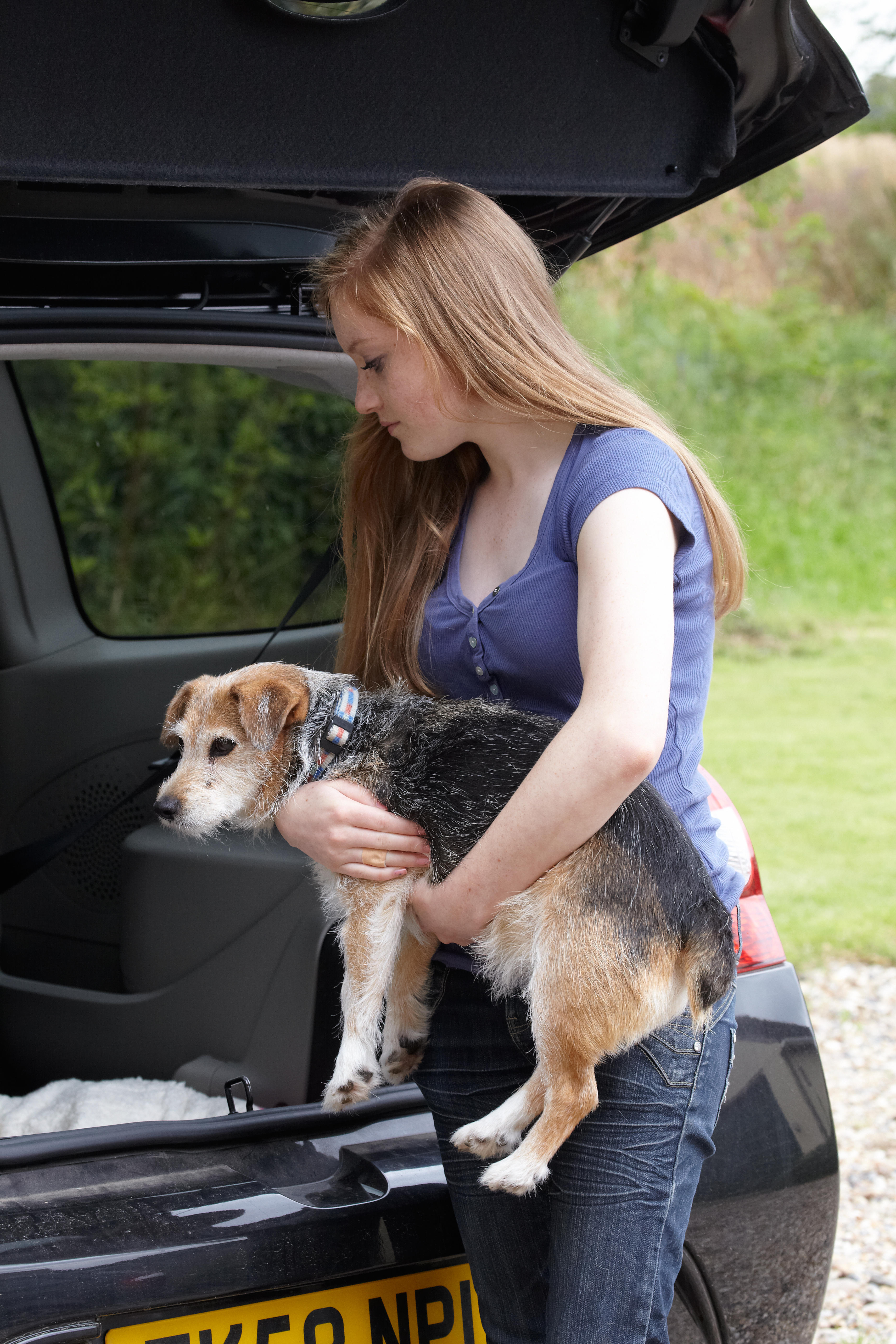
Credit: Alamy
How to deal with a dog who won't jump in the back of the car, by top trainer Ben Randall
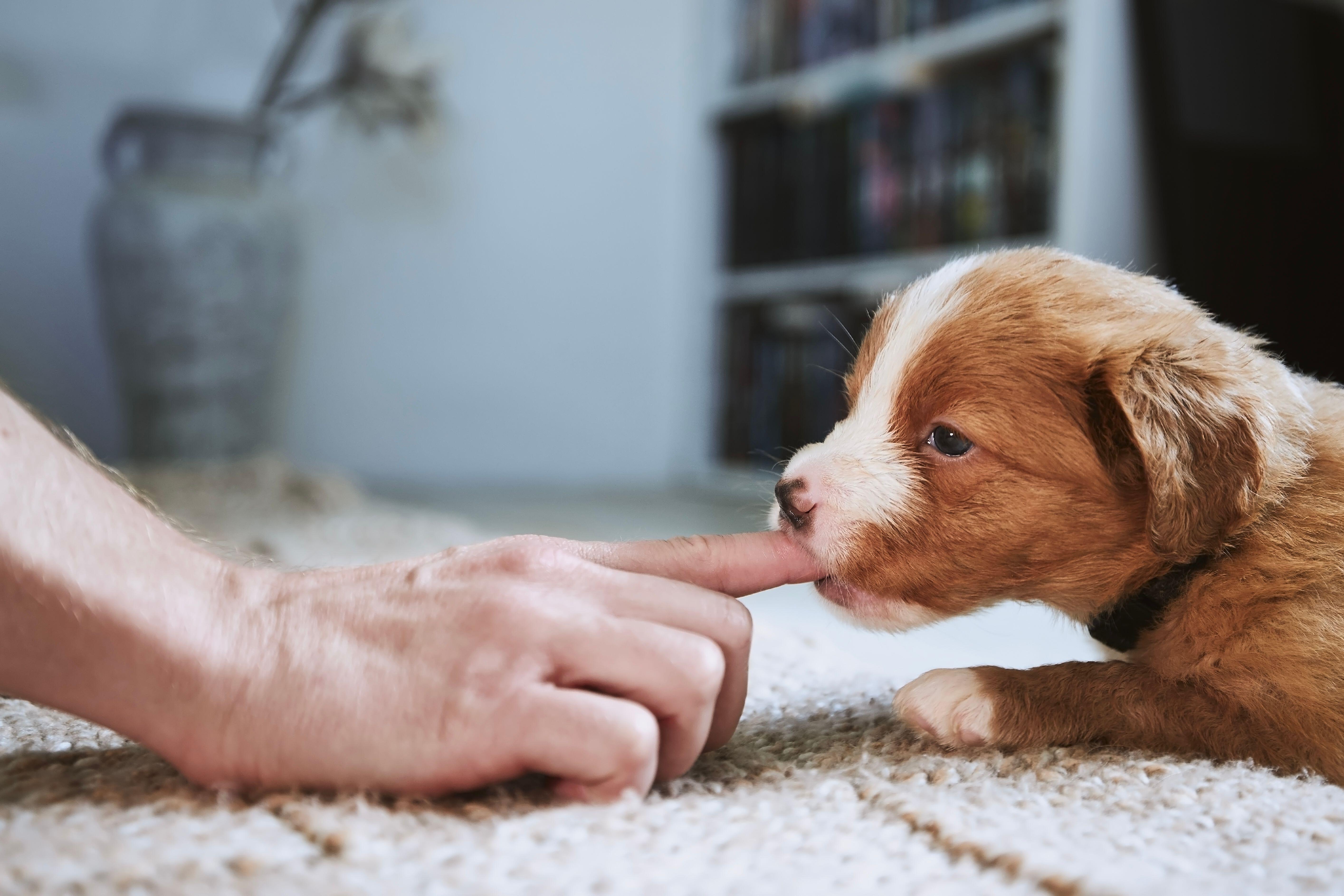
How to stop your dog or puppy from biting when it's playing: Expert advice from Ben Randall
Playful behaviour is a great way for dogs to explore the world around them and make new friends — but
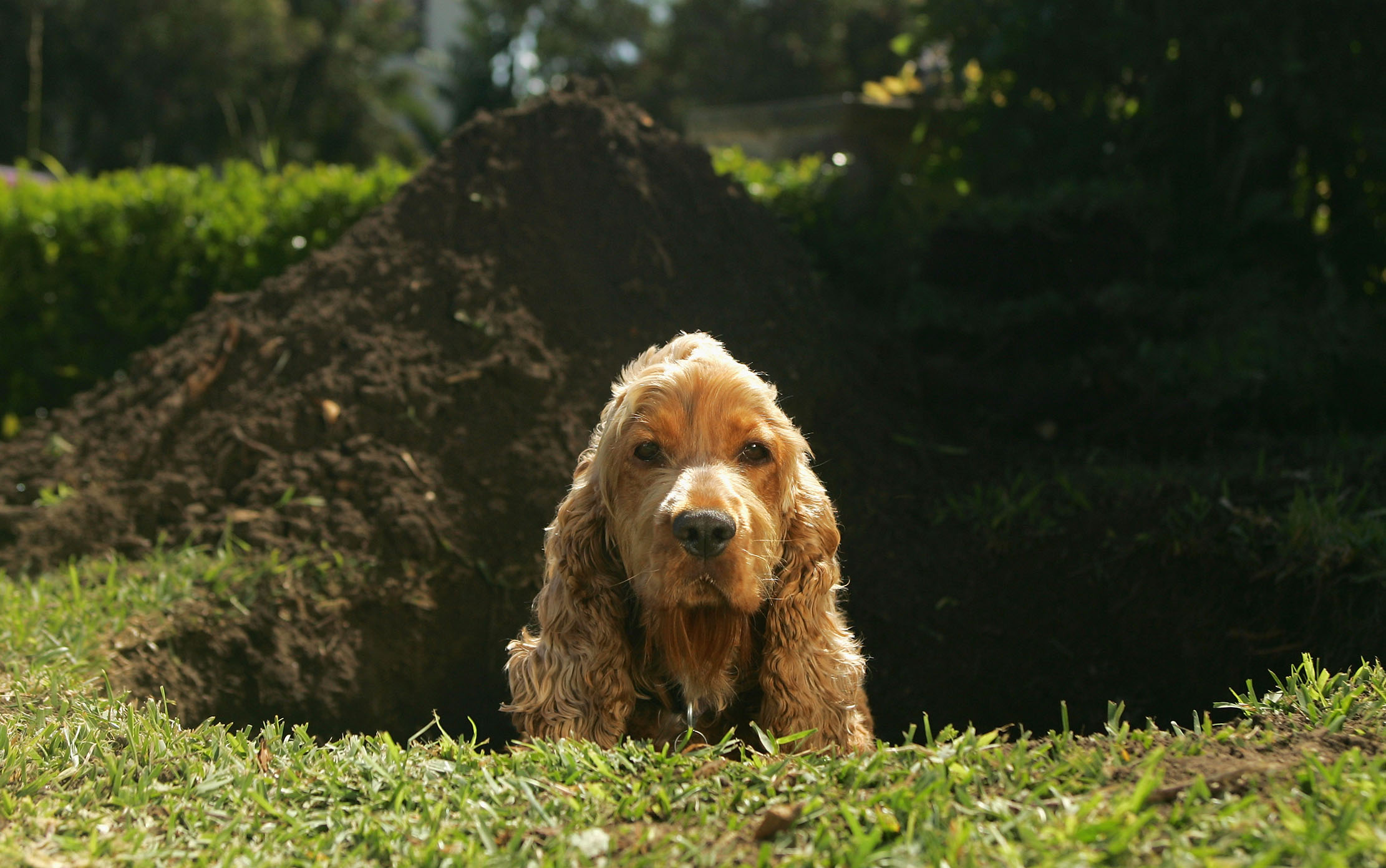
How to stop your dog digging up the garden
A dog’s enthusiasm for digging in the garden is not just hazardous for those prized petunias, but can be dangerous
-
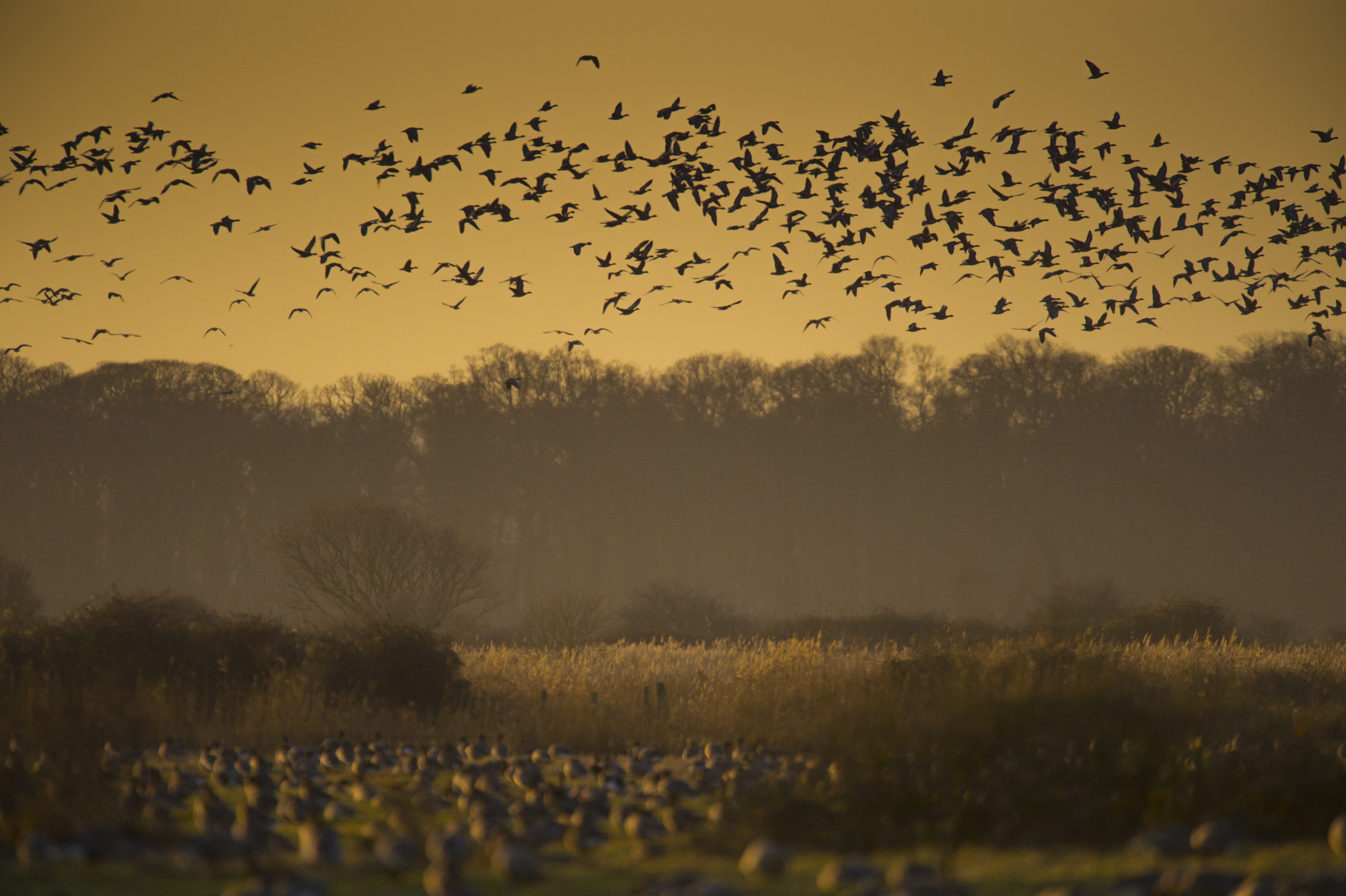 How an app can make you fall in love with nature, with Melissa Harrison
How an app can make you fall in love with nature, with Melissa HarrisonThe novelist, children's author and nature writer Melissa Harrison joins the podcast to talk about her love of the natural world and her new app, Encounter.
By James Fisher
-
 'There is nothing like it on this side of Arcadia': Hampshire's Grange Festival is making radical changes ahead of the 2025 country-house opera season
'There is nothing like it on this side of Arcadia': Hampshire's Grange Festival is making radical changes ahead of the 2025 country-house opera seasonBy Annunciata Elwes